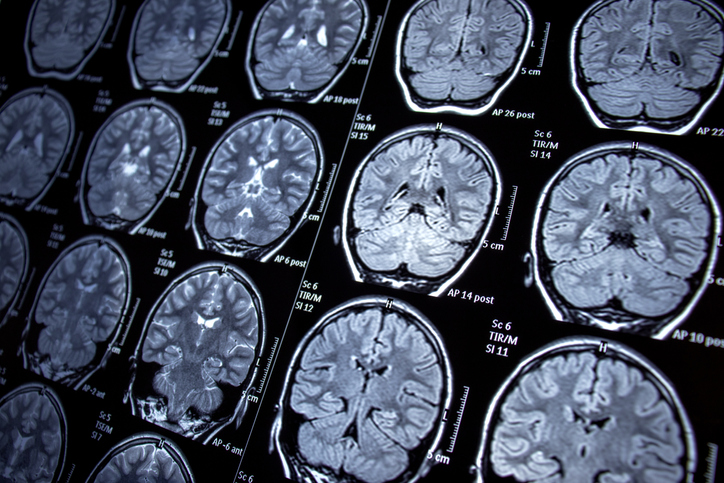Author: mrr5831
-

Combination Treatment May Improve Quality of Life in Kidney Cancer
Patients with advanced kidney cancer who received a new combination treatment reported improved health-related quality of life outcomes, according to a Northwestern Medicine study.
-

Calcium Channel Blockers May Improve Chemotherapy Response
Calcium channel blockers may improve treatment for patients with pancreatic cancer receiving chemotherapy, according to a recent study.
-

Pride Panel Highlights LGBTQ Leadership and Activism
The Institute for Sexual and Gender Minority Health and Wellbeing hosted its annual Pride Panel in celebration of Pride month, held virtually on June 14.
-

Physician Assistant Students Help Save a Life
PA students Nicole Pinakidis and Kristin Brennan recently put their emergency care skills to use to help save a person’s life during this year’s Chicago Half Marathon.
-

Study Reveals Genetic Differences Among Fetal Monocytes
Investigators have discovered striking genetic differences in subsets of fetal immune cells, providing insight into morbidity related to premature birth.
-

Genetic Variants in Epilepsy Gene Identified
Investigators have discovered a new method to determine whether individual genetic variants in the epilepsy-associated gene SZT2 cause the neurodevelopmental disorder, according to a Northwestern Medicine study.
-

Genome-wide Intricacies of Cancer Inhibitor Untangled
A newly discovered inhibitor of a common cancer-causing protein operates selectively, reducing expression of genes that fuel rampant cell proliferation, and altering the epigenome, according to a recent study.
-

Study Identifies Distinct Roles for Nuclear Lamin Isoforms
A Northwestern Medicine study has uncovered distinct roles of major nuclear lamin isoforms in maintaining intracellular interactions and cellular mechanics.
-

Study Shows Cell Membrane-Bound Enzyme is Essential for COVID-19 Infection
The membrane-bound form of the ACE2 protein is the essential receptor for enabling COVID-19 infectivity, according to a Northwestern Medicine study.
-

Accelerating Cancer Immunology and Immunotherapy Research
The Cancer Immunology and Immunotherapy Initiative at the Robert H. Lurie Comprehensive Cancer Center of Northwestern University is bringing together Feinberg investigators who study immunotherapy to increase collaboration and accelerate high-impact immunotherapy research.






